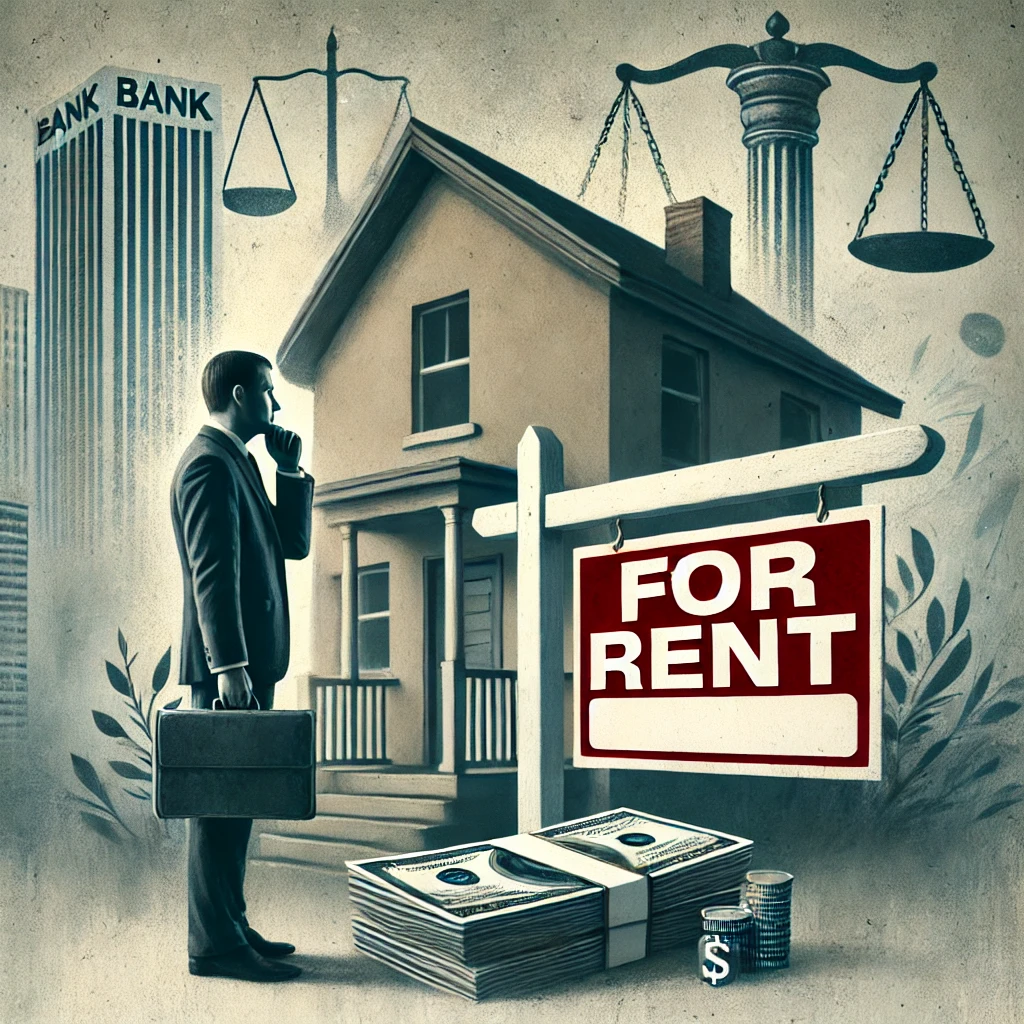Introduction
A criminal conviction doesn’t just affect the time you spend in court or under sentencing—it can have far-reaching implications for your stability and financial well-being. Beyond the initial penalties, the ripple effects can touch where you live, your access to credit, and your ability to manage everyday expenses. In this part of our series, we’ll explore the challenges individuals face in housing and finances after a conviction, as well as potential steps to rebuild.
—
Housing Challenges
Landlord Screening and Housing Applications
One of the most immediate hurdles after a criminal conviction is finding a place to live. Many landlords run background checks as part of their application process, and a criminal record often leads to automatic disqualification. Convictions, especially for more serious offenses, can create a stigma that makes it nearly impossible to secure housing in competitive rental markets.
Public Housing Restrictions
The barriers extend beyond private rentals. Public housing programs often have strict eligibility requirements that exclude individuals with certain types of convictions. This can leave those already vulnerable without access to affordable housing options, increasing the risk of homelessness.
Collateral Impact
Without stable housing, the ability to secure employment, care for family members, or reintegrate into society becomes significantly harder, creating a cycle that can be difficult to escape.
—
Financial Consequences
Access to Loans and Credit
A criminal conviction can also create obstacles in securing financial resources:
– Loans and Mortgages: Banks and lenders may view applicants with criminal records as higher risks, leading to denials or unfavorable terms.
– Bank Accounts: While rare, some financial institutions may reject applications to open accounts based on criminal history.
Without access to loans, building credit or securing a mortgage can feel out of reach, making financial recovery even more challenging.
Court-Ordered Fines and Fees
The financial strain doesn’t end with potential lost income. Many individuals face substantial court-ordered costs, including:
– Fines and Restitution: These can total thousands of dollars, creating a long-term burden.
– Probation or Supervision Fees: Often overlooked, these additional costs can add up quickly over months or years.
– Collateral Costs: From mandatory classes to transportation for court or probation meetings, these out-of-pocket expenses take a toll.
When these debts pile up, it can lead to wage garnishment, damaged credit, or even jail time for failure to pay—a punitive cycle that disproportionately impacts low-income individuals.
—
Rebuilding After a Conviction
Steps to Address Housing Challenges
1. Explore Record Sealing Options: In Arizona, sealing records or having convictions set aside can significantly improve housing prospects by limiting what landlords see in background checks.
2. Work with Housing Advocacy Groups: Organizations exist to help individuals with criminal records secure safe and stable housing.
Improving Financial Stability
1. Seek Financial Counseling: Nonprofits and legal aid organizations often provide resources for individuals rebuilding after a conviction.
2. Restoring Rights: Record sealing and rights restoration can help improve access to financial opportunities by reducing stigma.
3. Negotiate Fines and Fees: In some cases, courts may allow payment plans or reduced fines for individuals who demonstrate financial hardship.
—
Conclusion
The consequences of a criminal conviction don’t stop at sentencing. From housing denials to financial strain, the challenges can feel overwhelming. However, there are options available to mitigate these impacts and take control of your future. If you or someone you know is navigating life after a criminal conviction, contact my office today to learn more about how record sealing, setting aside convictions, and rights restoration can help open new doors.

